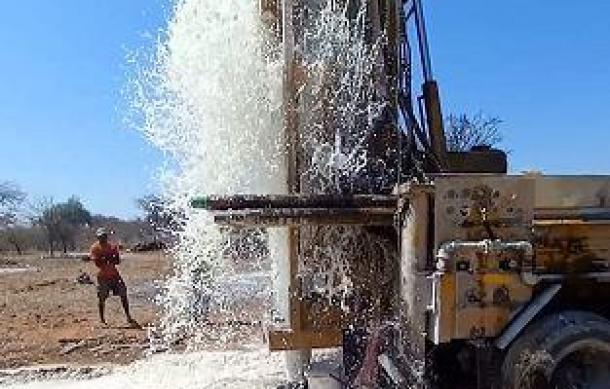
The City of Windhoek has reemphasized its 20% borehole water usage restriction as an essential component of its operational strategy.
This measure aims to maintain a consistent water supply, supporting both residents and business operations.
Clarifying recent media reports, the municipality underscores the necessity of this restriction for water security, resource management, and sustainability.
The City of Windhoek initiated this restriction during the 2015/2016 drought, permitting industries to utilise boreholes to supplement water supply.
This decision not only sustained business activities but also facilitated an evaluation of groundwater potential in northern Windhoek areas.
The success of this initiative led to the implementation of a groundwater quota system for the Windhoek northern aquifer.
Since its inception in 2016, industries have received a base quota to uphold their borehole infrastructure and water treatment facilities.
However, certain industries have opted to bypass established protocols, exclusively relying on borehole water, thereby sidelining the city's potable water supply.
This has impacted the city's revenue, and efforts to engage industries to assist them in recouping infrastructure investments while fostering regulated self-supply continue.
The City of Windhoek emphasises that reports on these restrictions often overlook the intricate challenges of ensuring water security and delivering essential services.
Therefore, the issue needs to be viewed within a broader operational framework aimed at ensuring the water supply, security, resource management, and sustainability of the local authority to continue serving its residents and business activities.





